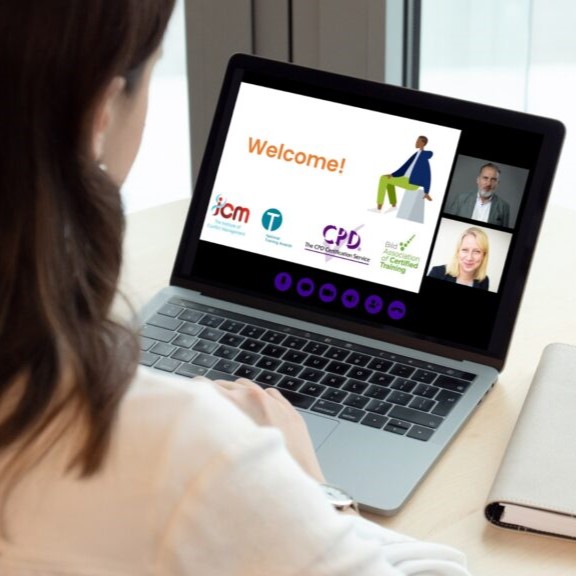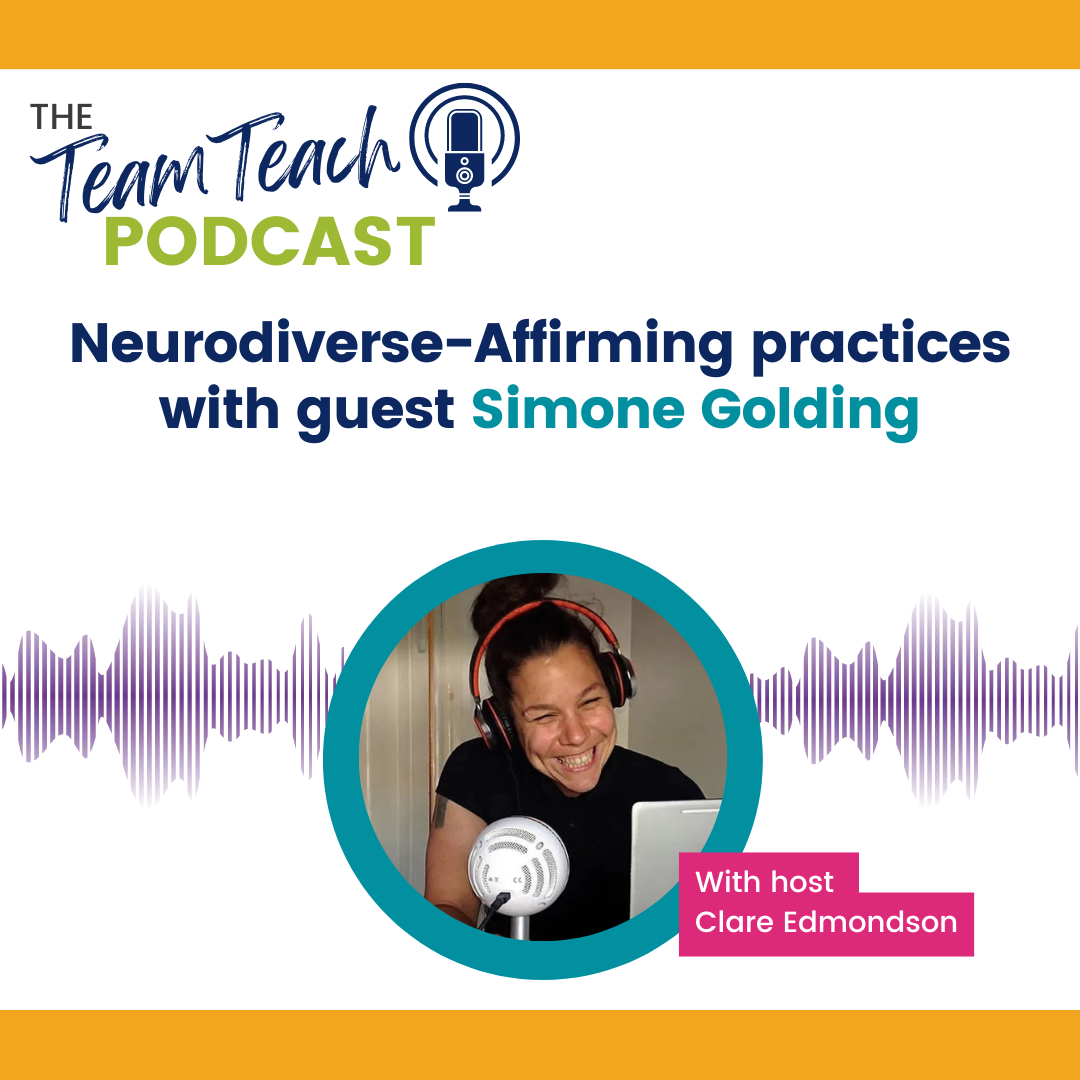Supporting Trainee Teachers With Behaviour | Dr Emma Clarke
This episode is a must-listen for professionals supporting trainee and Early Career Teachers (ECTS) and those who are in teacher training themselves.
After teaching in primary schools for 17 years, spending time supporting in nurture groups and Pupil Referral Units, Dr Emma Clarke is now a senior lecturer for an initial teacher training course. Her interests include approaches to managing behaviour that challenges in schools. She has presented her research nationally and internationally, as well as publishing both in books and peer-reviewed journals.
In this episode, Emma talks about “graphic elicitation”, drawing pictures and using these to foster insightful conversations. She uses this approach with trainee teachers to discuss their perception of their role in terms of managing and supporting behaviour, and how this can change as they become more experienced and confident in the classroom.
She also talks about the importance of non-verbal communication and the importance of using this to help support behaviour. Emma explains how she uses practical situations to explore non-verbal communication, stance, and body language with her trainees, and the need for our verbal and non-verbal communication to match up.
Emma recommends the book, Solution Focused Practice in Schools: 80 Ideas and Strategies by Yasmin Ajmal and Harvey Ratner.
Emma shares three tips during her episode:
Don’t focus on tips and tricks that books and blogs often focus on (recognising the irony as Emma is sharing tips here!) Instead, think about how, where, and when you can develop those relationships.
What are the eternal truths (eternal verities) that underpin all your practice? Emma recommends researching the work of Dr John Visser.
Have a sense of humour. Teaching can be the most enjoyable and hilarious job in the world!
You can find Emma on Twitter: @emmac_larke
You’re listening to the Team Teach podcast. In each episode, you’ll catch Team Teach Principal Trainer, Clare Edmondson, talking with a guest about an aspect of behaviour. Find out the latest thinking in behaviour, continue your own professional development, and leave with three practical tips you can use in your setting. It’s perfect for any professional working in education and health and social care.





